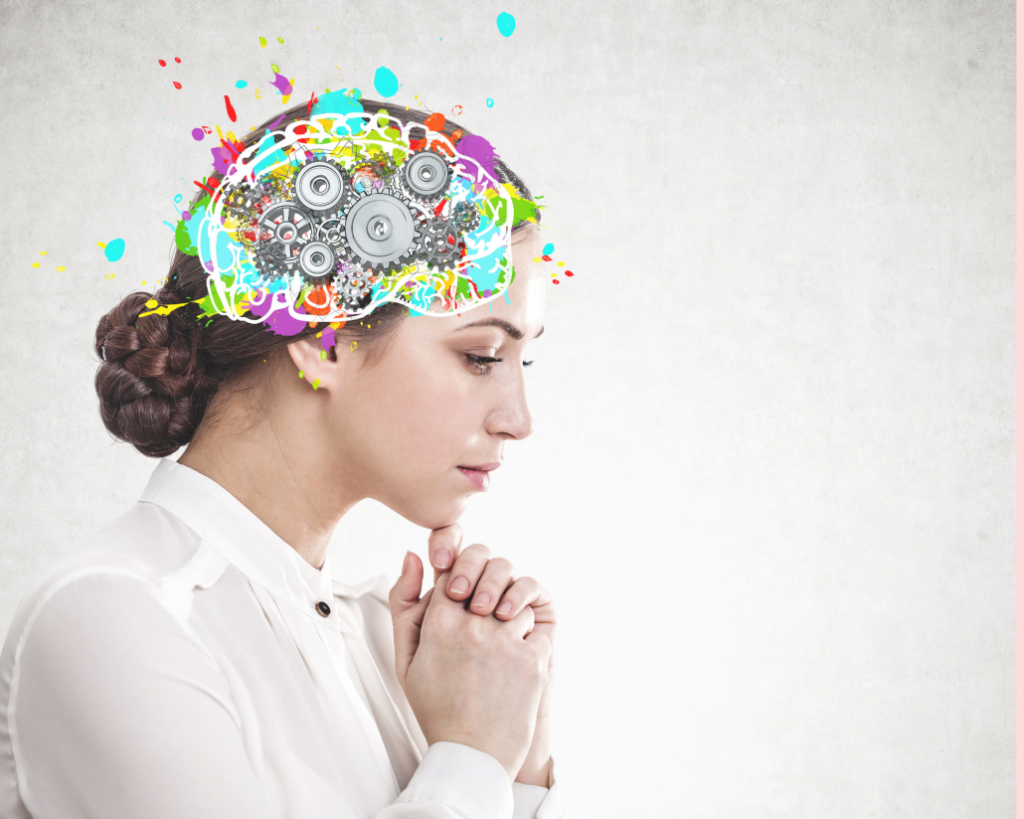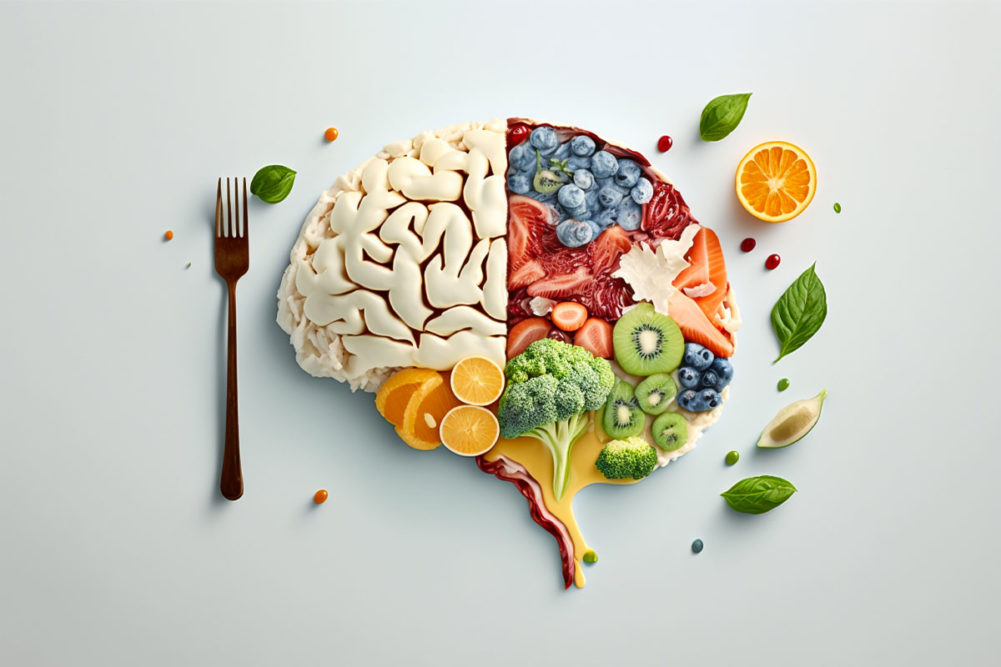Cognitive stimulation is crucial for maintaining brain health and preserving cognitive function as we age. Engaging in mentally stimulating activities allows seniors to enhance memory, sharpen their minds, and reduce the risk of cognitive decline.
Therefore, seniors receiving home care assistance must incorporate regular cognitive stimulation into their daily routine; this fosters overall mental well-being and life quality.
- Activities to Stimulate Cognitive Function
- Social Interaction and Cognitive Health
- Encouraging Physical Activity for Brain Health
- Mindfulness and Relaxation Techniques
- Brain-Healthy Nutrition
- Seeking Professional Support and Resources
- Creating a Supportive Environment
- Monitoring Cognitive Health and Well-being
Activities to Stimulate Cognitive Function

Seniors can engage in a plethora of activities to invigorate their cognitive function and maintain an active mind: reading books or newspapers; solving puzzles like crosswords or Sudoku; and playing card games–and board ones too, that demand strategy and critical thinking.
They might also consider learning a new language or musical instrument. Moreover, participation in arts-and-crafts projects offers another avenue for mental engagement through enjoyment and challenge.
The selection criterion should prioritize activities that simultaneously foster learning opportunities while providing an enjoyable yet stimulating experience.
Social Interaction and Cognitive Health
Cognitive health significantly benefits from the role social interaction plays: it provides engagement opportunities, communication, and emotional support.
Home-care-assisted seniors stand to gain substantially by spending time with their caregivers – a crucial aspect of this dynamic is meaningful conversation; sharing stories becomes another integral part—they even participate in social activities alongside family members or friends.
By actively maintaining these vital social connections, they effectively combat two significant risk factors—feelings of loneliness and isolation—for both cognitive decline and mental health issues.
Encouraging Physical Activity for Brain Health
Physical activity not only improves our physical health but also amplifies brain function: regular exercise intensifies blood flow to the brain and promotes new cell growth—ultimately enhancing cognitive abilities.
Seniors availing of home care assistance can engage in tailored, low-impact exercises such as walking, gardening; tai chi, or yoga – these are personalized based on their capabilities and inclinations.
Incorporating physical activity into their daily routine promotes mental well-being and overall cognitive health.
Mindfulness and Relaxation Techniques
By actively engaging in mindfulness and relaxation techniques, seniors can effectively manage stress, decrease anxiety, and improve mental clarity.
Simple exercises like deep breathing or progressive muscle relaxation not only promote relaxation but also foster a sense of calm; focus attention to enhance self-awareness–and facilitate overall mental balance.
Seniors easily incorporate these practices into their daily routine with the assistance of a caregiver.
Brain-Healthy Nutrition

Brain health hinges significantly on nutrition, with a balanced diet abundant in nutrients being imperative for bolstering cognitive function.
Seniors who avail themselves of home care assistance stand to gain from the inclusion of brain-healthy foods – fruits, vegetables, whole grains; lean proteins, and healthy fats – in their meals and snacks.
Fish, nuts, and seeds provide Omega-3 fatty acids which confer unique benefits to brain health; similarly colorful fruits along with vegetables offer indispensable antioxidants for this purpose as well.
Seeking Professional Support and Resources
Elderly individuals facing cognitive decline or mental health issues have access to specialized support to mitigate symptoms and enhance life quality.
Home care providers may offer customized cognitive therapies, exercises, and mental health counseling for these needs.
Additionally, community groups and healthcare professionals support seniors and their caregivers, with tailored services ranging from cognitive activities to individual counseling. These vital resources are poised to help the elderly manage mental challenges effectively.
Creating a Supportive Environment
Essential for promoting cognitive stimulation and mental well-being in seniors receiving home care assistance is the creation of a supportive environment.
To create this environment, caregivers can implement a structured daily routine that allocates time for cognitive activities, social interaction, physical exercise, and relaxation.
Further to their responsibilities; encouraging – praise even – along with positive reinforcement will serve as motivation: not just getting involved with activities but maintaining an overall positive outlook becomes paramount on behalf of senior individuals.
Monitoring Cognitive Health and Well-being
It is critically essential to identify early signs of change or emerging issues about cognitive health and overall well-being through consistent and thorough monitoring.
To detect any potential indications of cognitive deterioration, depressive states, or anxiety disorders, it is imperative for caregivers to meticulously observe and track the elderly’s emotional state, behavioral patterns, and routine daily activities.
We must ensure the effective resolution of all such issues by encouraging and fostering a culture of open dialogue among the seniors, their respective caregivers, as well as the medical professionals involved in their care; offering appropriate support and tailored interventions is crucial and should be viewed as an indispensable element of their health care plan.
Home care assistance for seniors must include cognitive stimulation and mental health support; these are essential components.
Seniors aging at home should engage in a variety of activities: mentally stimulating ones, socially interactive events–such as physical exercise or mindfulness practices–, and they ought to maintain a diet that promotes brain health.
By integrating these strategies into their daily routine with the addition of professional resources when necessary, seniors will continue to uphold not only independence but also vitality and mental acuity during the process of aging in place.

Jean Smith is a fitness enthusiast and blogger who focuses on fitness and a healthy lifestyle. She is passionate about assisting people in living healthier lifestyles and is constantly on the lookout for new and creative methods to stay fit and healthy. Her articles are excellent resources for anyone interested in improving their health and fitness.
